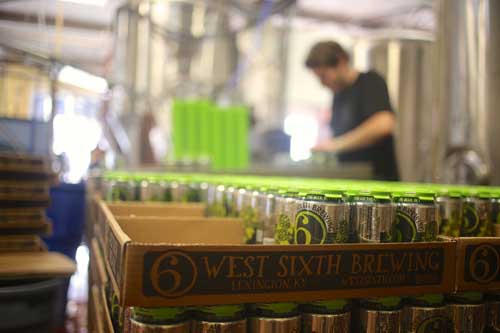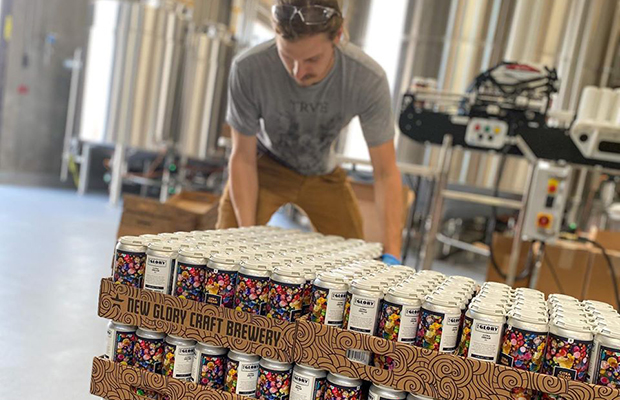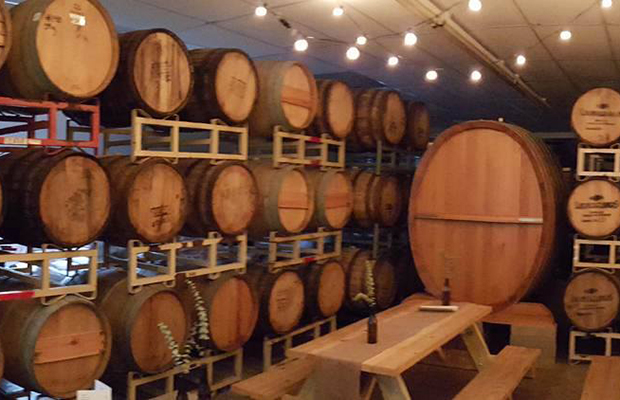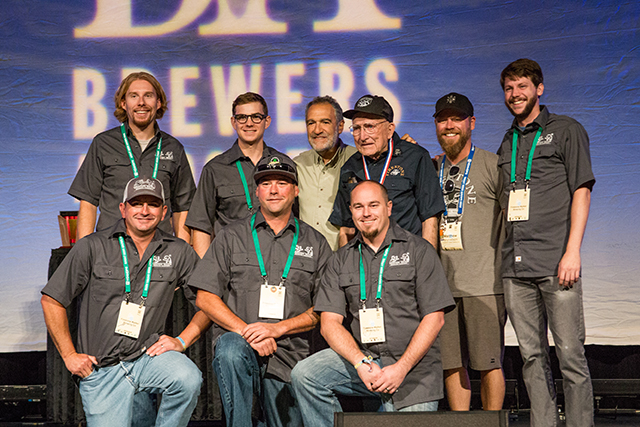
In brewing, just like any business, the customer must come first. However, one of the difficulties, particularly in brewing, is getting the product into the consumer’s hands, and on down their gullet.
The development of the tap room was a tremendous strategy that has brought the consumer, essentially to the brewer. The brewery no longer is restricted to only the beers it distributes through the bottle lines and kegs, but now can really stretch its legs through small batches released in the tap room.
West Sixth Brewery in Lexington, Kentucky was known for building a brewery, a brand and a tap room/restaurant where people could experience its product. However, for Ben Self and his partners, not enough people were getting the experience of these smaller releases. Sure, a lot of people were getting to enjoy their main beers, the West Sixth IPA and the Amber, but what about the flavors being experienced by the people in the tap room?
For West Sixth, an early commitment to only distribute in cans helped them see the opportunity for easier distribution. “There’s three big reasons why we can, rather than bottle, for our packaging,” explained Ben Self, a founder of West Sixth. “One is that it keeps the beer tasting better. So, an aluminum can limits the exposure to light and air, the two things to make a beer go bad faster. For us it creates a better tasting beer for all of our customers to try when they try for the first time.
“Second, it’s a lot better environmentally. I think nationwide 60 percent of aluminum is recyclable and 25 percent of glass is. So it’s just a better package when you think about the carbon footprint. Finally, our cans for recycling go somewhere near Bowling Green, [Kentucky], where they’re melted down and then somewhere out near Berea, [Kentucky] where they are turned back into rolled aluminum. So, it’s several Kentucky companies that have an impact on recycling those cans.”
For the one-off beers West Sixth did a certain process for canning beers. “We worked with a local mobile canner, which is called Toucan Mobile Canning, and they came in and we were able to do a labeled can — so it was a shrink-wrapped can they were able to build for us. So that allowed us to order blank cans … put a shrink wrap label on it and do a much smaller run of those cans.”
West Sixth used the operation for two runs in 2013 and 2014. One being its Christmas Ale and Country Western, a partner brew between West Sixth and another Lexington Brewery, Country Boy.
“We really did it with cans we thought we were going to sell inside the tap room,” said Self. “We couldn’t really take the risk on sending them out to our distributors because the margin is much much lower. That was definitely a challenge for us.”
For canning in general, West Sixth believes the packaging of a can is simply a much better looking option. “You can design the whole thing, as opposed to a bottle where you slap a label on it,” said Self. “I think it’s definitely a nicer looking package. They are easier to deal with. They stack easier, you don’t have to deal with boxes, in some ways they are a lot easier to deal with. That’s been the big learning curve for us, for sure.”






Be the first to comment